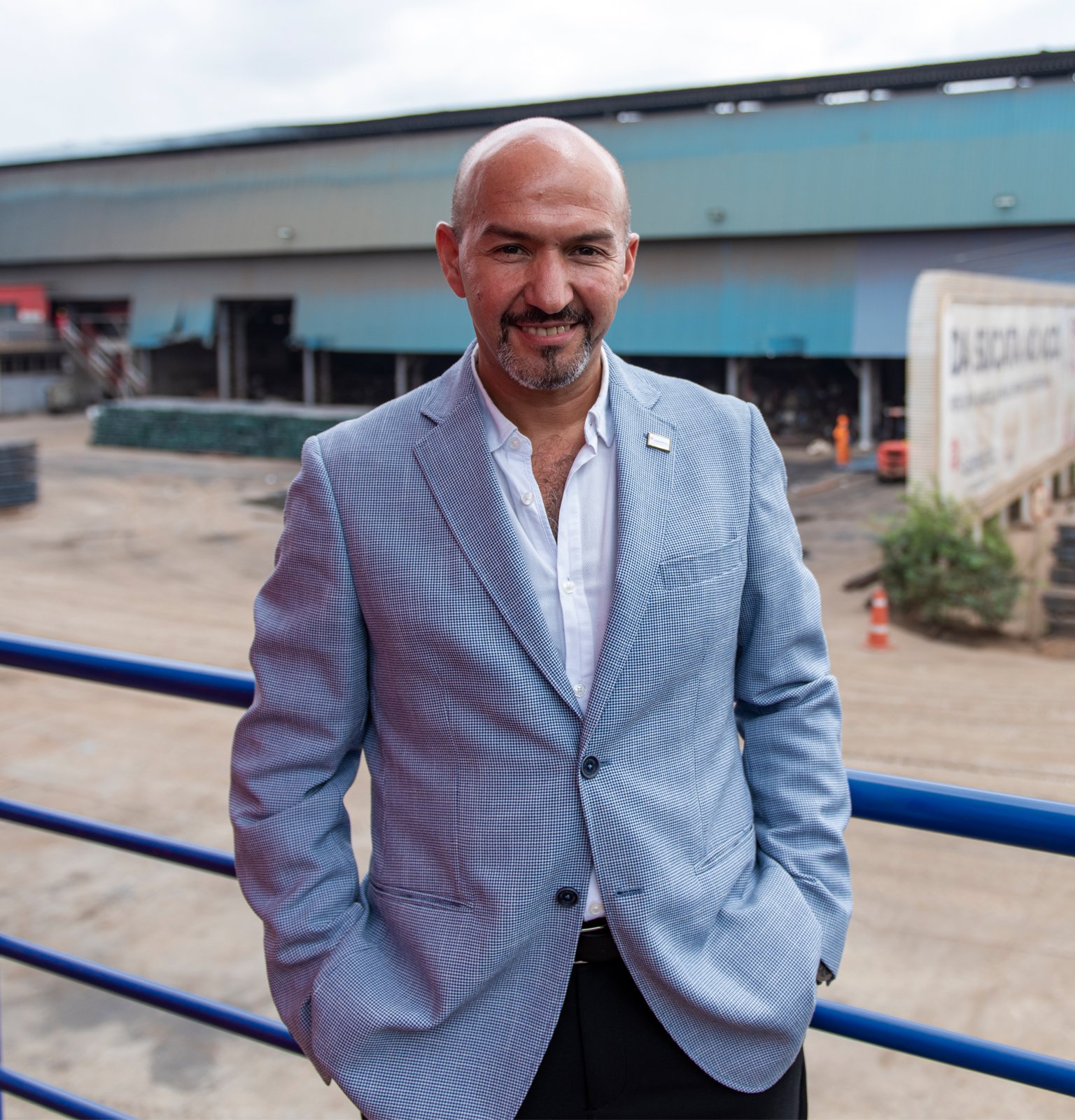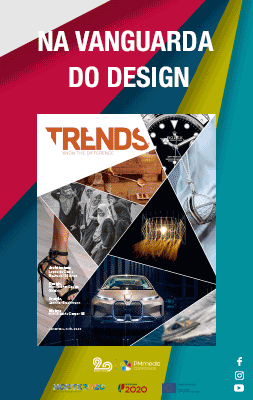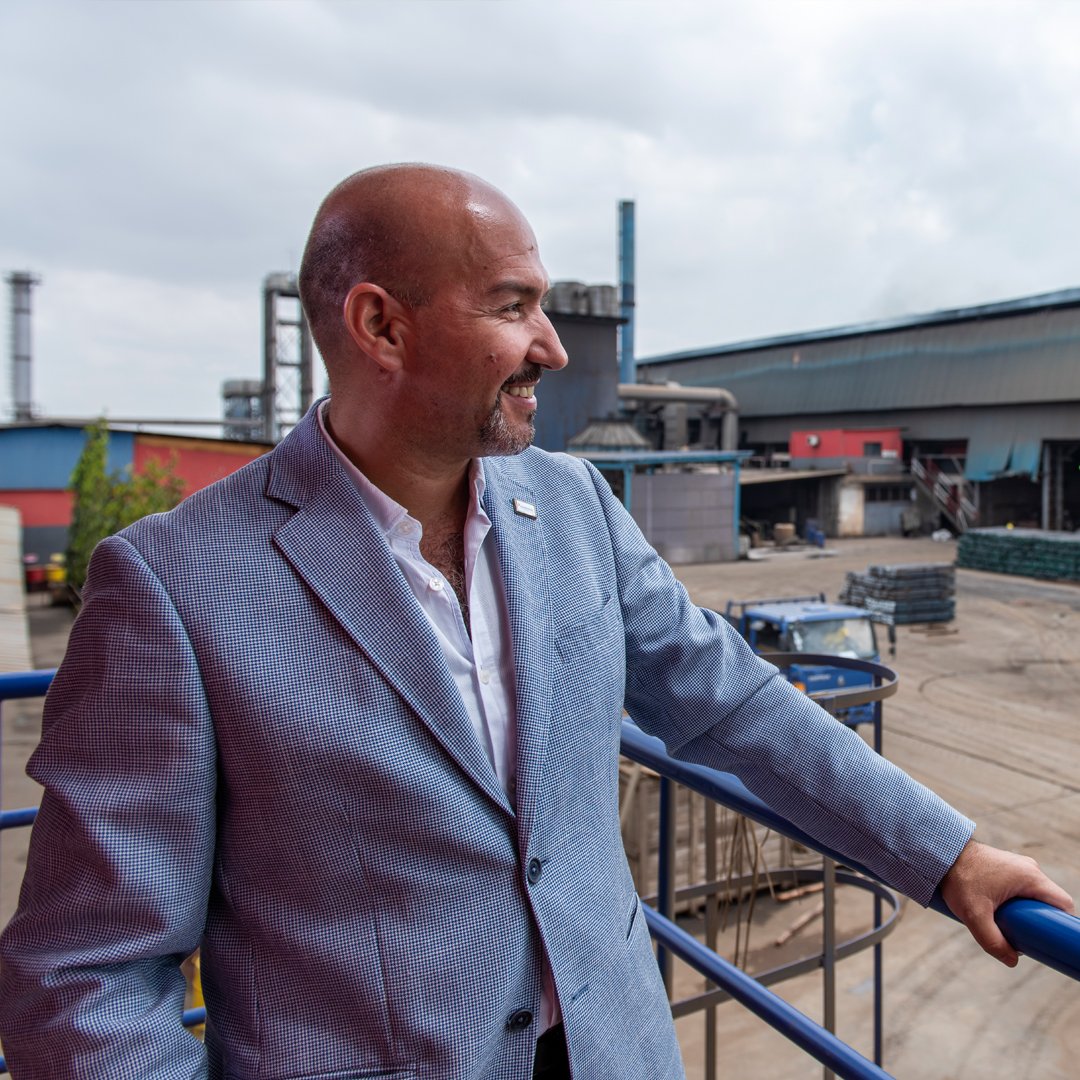
He has a long CV, which is why a post-graduate degree in business administration and a degree in auditing and accounting have led him to develop a career that has taken him to the position of CEO at Fabrimetal. Before that, Luís Diogo was involved in other organisations, other philosophies and other sectors. He served in the military for eight years, travelled the world and now lives happily in Africa. His management skills have made him a current board member of the Association of Construction Materials Industries of Angola, and his ability to find a balance between his personal and professional life has turned him into a fulfilled man. It’s time to get to know Diogo, as a person and a manager.
How has Fabrimetal contributed to reducing the dependence on imports and, as a consequence, fostered the development of infrastructures in Angola?
Fabrimetal began investing in the country through the industrial sector and, in 2010, started producing rebar for concrete reinforcement, something that, until then, Angola wasn’t producing, and only importing. We are therefore pioneers in steel production. At the height of the crisis, we invested and gave the domestic market a chance, which was facing serious import difficulties due to a shortage of foreign currency. We have created added value for the country. At present, we have been consistently increasing our market presence and, consequently, our production capacity. We started with a production of 2,000 tonnes per month and today we stand at 15,000.
How do you try to anticipate the needs of the market in a constantly changing world in order to provide more immediate responses?
We’re focused on our core business, so we don’t diverge. We are constantly striving to exceed the expectations and needs of our customers. In fact, in 2020, we reinforced our investments with an increase in production capacity, starting the production of rectangular bars, angles and profiles, products that the country used to import due to the lack of local production.
There is a great fear that Artificial Intelligence will wipe out human labour. Do you share this view or do you think it could be one of the solutions to the shortage of tech talent that is so common in the industry?
I don’t think Artificial Intelligence could replace human labour. I do believe that it can help to improve efficiency processes by introducing greater automation in certain areas, which can help to avoid repetition of tasks and possible mistakes. Organisations are made up of people, and these are their greatest asset. There are other ways to fill some of the talent shortages...
«I like what I do, I like Africa»
How has Fabrimetal contributed to reducing the dependence on imports and, as a consequence, fostered the development of infrastructures in Angola?
Fabrimetal began investing in the country through the industrial sector and, in 2010, started producing rebar for concrete reinforcement, something that, until then, Angola wasn’t producing, and only importing. We are therefore pioneers in steel production. At the height of the crisis, we invested and gave the domestic market a chance, which was facing serious import difficulties due to a shortage of foreign currency. We have created added value for the country. At present, we have been consistently increasing our market presence and, consequently, our production capacity. We started with a production of 2,000 tonnes per month and today we stand at 15,000.
How do you try to anticipate the needs of the market in a constantly changing world in order to provide more immediate responses?
We’re focused on our core business, so we don’t diverge. We are constantly striving to exceed the expectations and needs of our customers. In fact, in 2020, we reinforced our investments with an increase in production capacity, starting the production of rectangular bars, angles and profiles, products that the country used to import due to the lack of local production.
There is a great fear that Artificial Intelligence will wipe out human labour. Do you share this view or do you think it could be one of the solutions to the shortage of tech talent that is so common in the industry?
I don’t think Artificial Intelligence could replace human labour. I do believe that it can help to improve efficiency processes by introducing greater automation in certain areas, which can help to avoid repetition of tasks and possible mistakes. Organisations are made up of people, and these are their greatest asset. There are other ways to fill some of the talent shortages...
«I like what I do, I like Africa»





